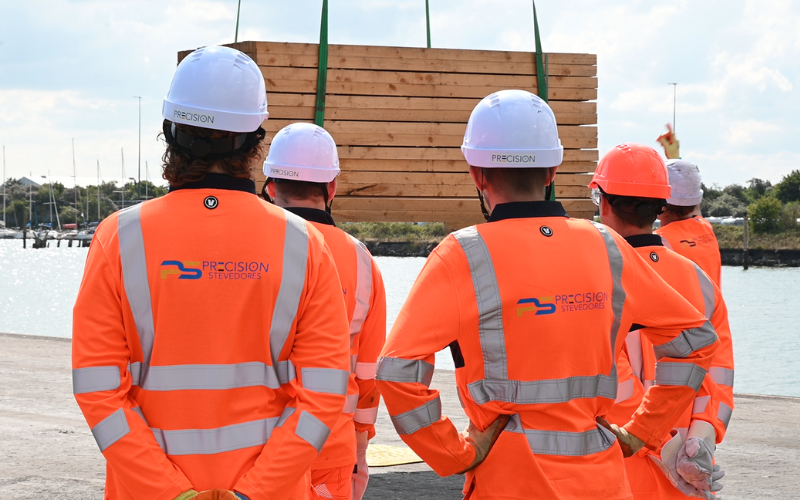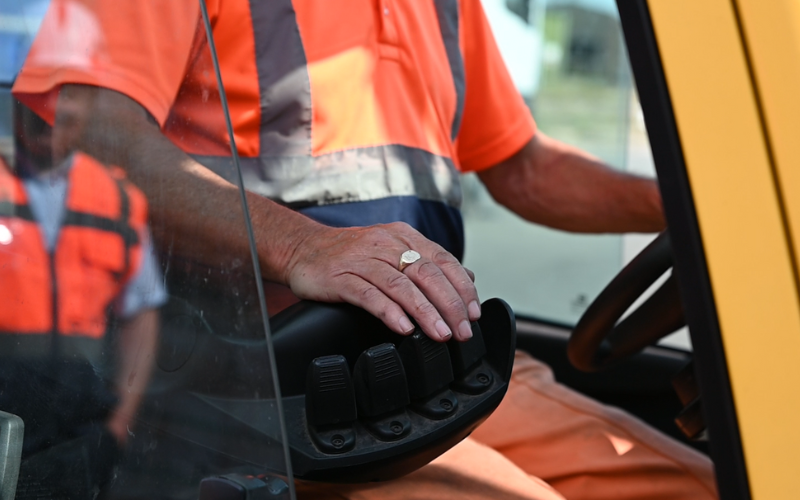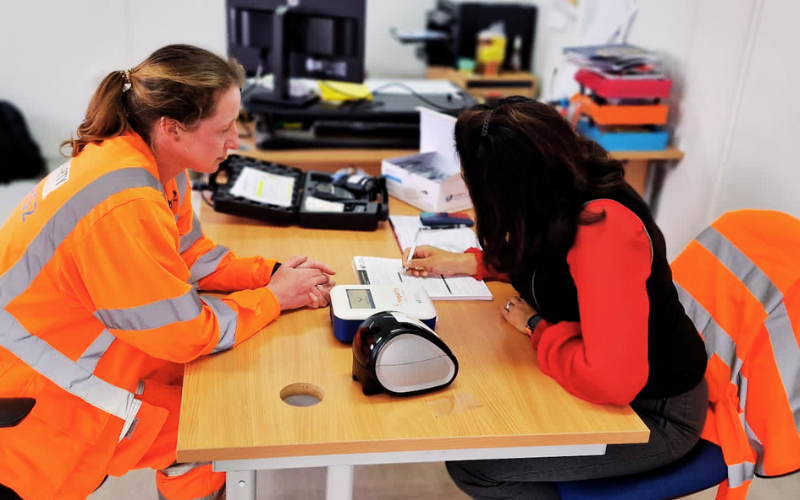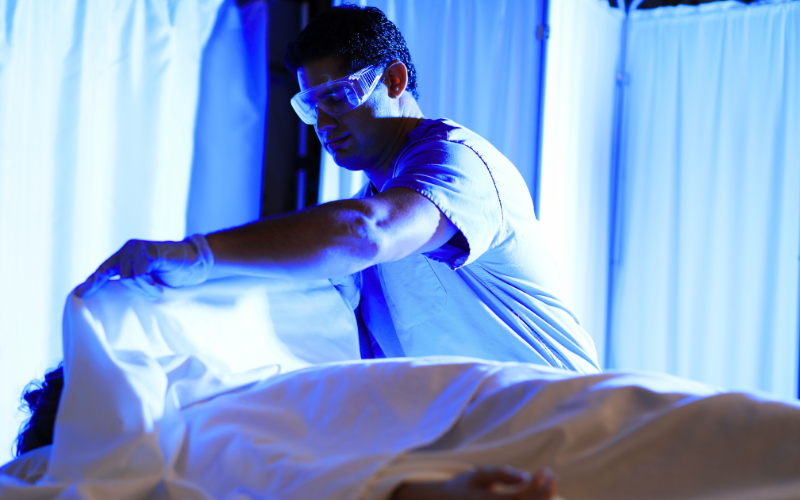Originally published at www.mirror.co.uk
NHS to trial scanner that can find out in 10 minutes if patient has taken drugs
It will help health workers to make quick, life-saving decisions on the best treatment for anyone who is admitted to hospital
Intelligent Fingerprinting, a company founded by academics who used to work at the University of East Anglia, has been awarded a Government grant to test the device at Leicester Royal Infirmary. If the scanner improves the hospital’s drug screening services it could eventually be used across the NHS.
Prof Tim Coats, a professor of emergency medicine at the University of Leicester and an A&E consultant at the infirmary, said: “If a patient is brought to the emergency department unconscious we need to know if they have high levels of drugs in their body. Current tests take many hours, so being able to analyse the sweat in a fingerprint could tell an A&E doctor what is wrong with the patient.”
Scientists will use the device in the NHS and test how much it can help health workers in A&E and by paramedics in ambulances.
Dr Paul Yates, business development manager at Intelligent Fingerprinting, said: “Many people admitted to A&E are under the influence of drugs – either legally prescribed medicines or drugs of abuse. But in an emergency situation clinicians may be unaware of a patient’s medical or drug-use history. Without this knowledge there is a risk that medical staff will administer treatment which could be harmful, or even fatal. This situation is made worse if the patient is confused or unable to speak, or elderly and suffering with a condition that affects memory. Our technique for detecting the presence of drugs in a person’s bloodstream by analysing a simple fingerprint could help doctors to make better informed decisions about appropriate treatments.”
Using the tiny amounts of sweat contained in a single fingerprint, medics can test for both illegal drugs and prescription medication. They will take a patient’s fingerprint using the handheld device. Their sweat will then be analysed and within 10 minutes test results can reveal their recent drug-use history. The device analyses the chemicals in the traces of sweat found in a fingerprint to determine the presence of drug metabolites.
Metabolites are produced in the body as a result of normal metabolic processes, and can be used to determine the substances a patient has ingested, inhaled or injected. It can provide evidence that a patient has actually taken a drug and not simply touched a contaminated surface. Intelligent Fingerprinting is also trialling the technology for drug-testing use by coroners.
Dr Yates added: “It is sometimes necessary to carry out a drug screen to establish how someone has died. This can be a time-consuming and costly process. By working with coroners, we will test the potential of using Intelligent Fingerprinting as a tool to help determine a possible cause of death more quickly and cost effectively.”











